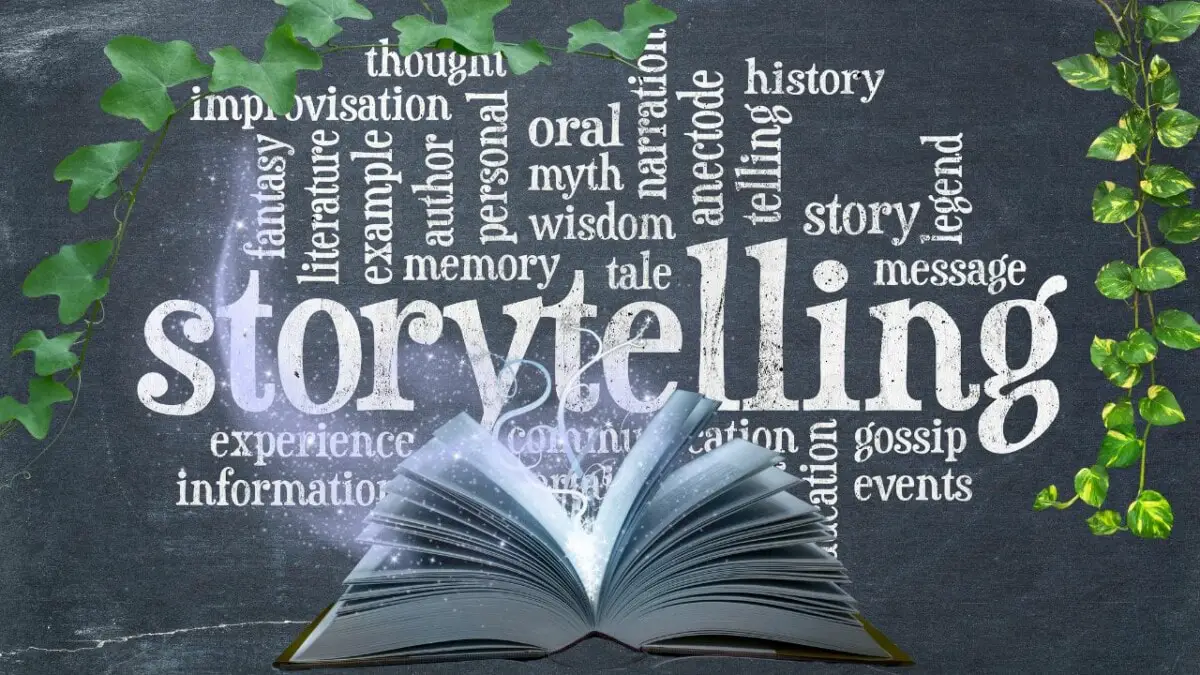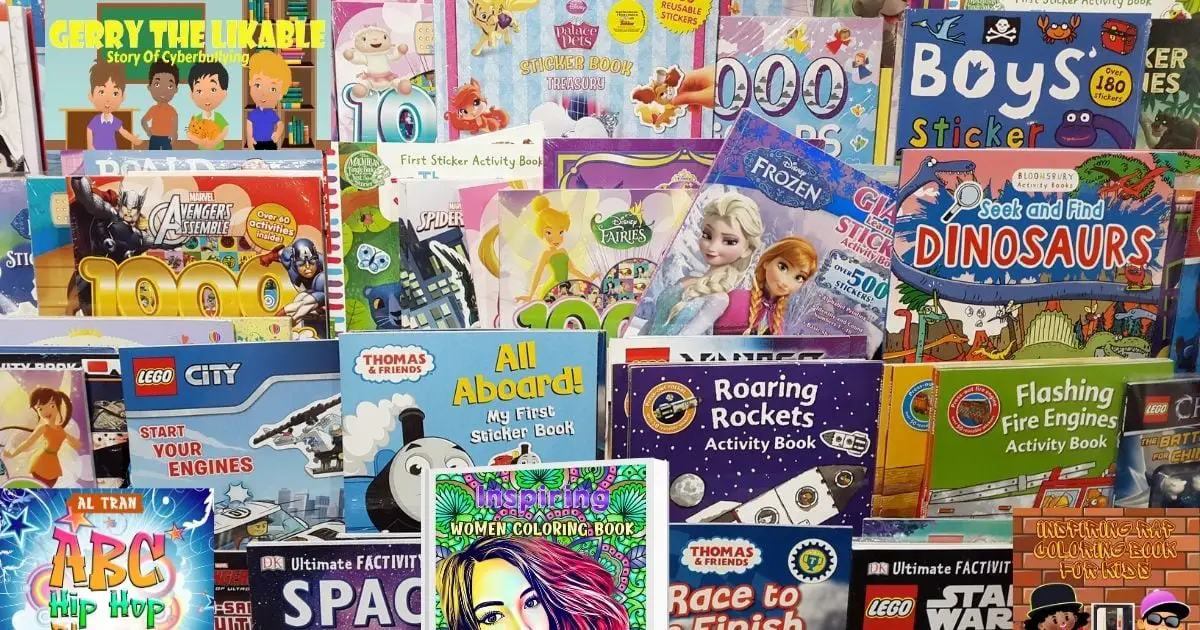The dominance of information overload in our era transforms the process of selecting books into an art form. Often, we confront conscious or unconscious biases woven within narratives due to their abundant availability. To foster personal growth and cultivate a well-rounded perspective, it is imperative that we recognize this biased content and actively avoid it. This comprehensive guide delves into effective strategies: it aims to sidestep bias in your reading choices.
To avoid reading biased books, it’s essential to rid yourself of a biased mindset first. Second, you have to understand what constitutes a biased book, giving you the choice to either avoid reading it completely or approach it with an open mind if you choose to read it.
1. Understanding Bias in Literature
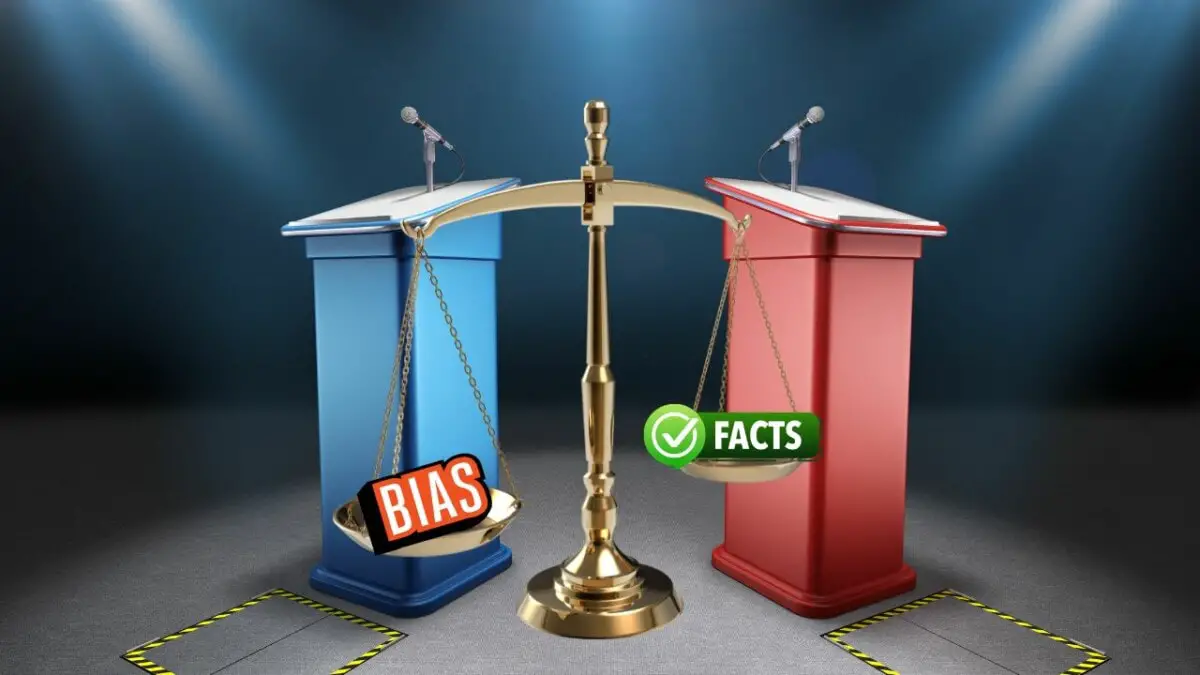
1.1 Defining Bias in Books
More than merely embodying the author’s personal opinions, bias in literature stretches to encompass prejudiced viewpoints or unfair perspectives that insidiously penetrate the narrative and potentially shape readers’ thoughts. This understanding provides a solid basis for discerning choices about reading materials. A discerning eye must unpack these layers of bias as they frequently conceal themselves within plain sight on book pages.
We must actively pursue unbiased reading by delving into the subtleties of language, character portrayal, and narrative framing. Bias might manifest in overt statements or more covert forms like the absence of certain perspectives. When we hone our ability to identify these nuanced elements, we empower ourselves for critical engagement with literature selectively.
1.2 Types of Bias in Books
To understand bias, you must first acknowledge its multifaceted nature and surpass mere personal prejudice. Literature can manifest bias in diverse forms such as cultural predispositions, political leanings, and socio-economic perspectives. For readers dedicated to cultivating a discerning approach to literature, identifying these types of biases becomes an imperative skill.
Navigating the diverse landscape of biased literature necessitates an understanding of the potential intersections between various biases. For example, a book might manifest both cultural and political prejudices concurrently. This nuanced comprehension empowers readers to engage with each text in a more informed and open manner, thereby cultivating an enriched reading experience.
1.3 The Impact of Bias on Readers
The influence of biased content extends beyond the pages of a book, shaping readers’ beliefs and attitudes. A noteworthy study reveals that readers can unconsciously absorb biases present in literature, significantly impacting their worldview. This underlines the profound effect literature can have on our perceptions, emphasizing the need for a heightened awareness of this impact in the quest for an unbiased reading experience.
To mitigate bias’s impact, readers must proactively engage in self-reflection. They should evaluate how their values align or misalign with the perspectives presented in the literature. This introspective approach not only elevates reading from passivity but also fosters a dynamic process: one of personal growth and comprehension.
2. Navigating the Literary Landscape

2.1 Diverse Authorship
Diverse authorship’s significance in mitigating bias receives strong support from research. Books penned by authors of varied backgrounds often present a more comprehensive, unbiased perspective. The act of actively pursuing literature from diverse voices not only enriches your reading list. It also broadens your understanding of the human experience.
Beyond merely acknowledging differences in race or gender, exploring diverse authorship encompasses a vast range of experiences as well as cultural, socio-economic, and regional backgrounds. Readers who embrace this diversity open themselves to narratives that do more than challenge preconceptions. They broaden their worldview.
2.2 Independent Reviews and Recommendations
Independent reviews and recommendations emerge as invaluable tools in the pursuit of unbiased reading choices. Studies underscore the significance of soliciting viewpoints from outside mainstream channels to assess potential biases within a book.
Online platforms, along with book clubs wherein readers exchange unfiltered perspectives, grow into crucial resources for individuals who crave a more nuanced understanding. They actively seek to transcend surface-level interpretations, probing deeper into complex narratives and challenging their preconceived notions accordingly.
Explore reviews with a critical eye, valuing the diversity of opinions and discerning patterns in critiques. Adopt this multifaceted approach to enhance your decision-making process regarding book selections. It will guide you away from potentially biased content–thus enabling more informed choices.
2.3 Utilizing Book Recommendation Algorithms
Sophisticated algorithms, a product of technological advancement, can analyze reading preferences without bias. Leveraging these powerful tools allows readers to curate their lists with minimal prejudice. This guarantees them a diverse and enriching literary experience.
Embrace technology, but remain mindful of its limitations. Powerful as algorithms are, they may not fully capture the sensitivities of individual preferences. To cultivate an unbiased reading approach, combine these technological suggestions with other methods.
2.4 Exploring Alternative Perspectives
Choosing books deliberately, ones that offer alternative viewpoints serves as a potent antidote to bias. When you actively seek literature that challenges your preconceived notions, it not only broadens your perspective but also fosters an inclusive mindset. This is a crucial step towards growth at graduate level education.
Incorporating alternative perspectives into your reading routine necessitates intentional effort. You must consider creating a checklist of the various themes or viewpoints, an action that guarantees a well-rounded, unbiased selection of books. This strategic approach not only redefines reading but also initiates it as an engaging journey. It propels continual growth and deepens understanding.
3. Evaluating and Critiquing Literature
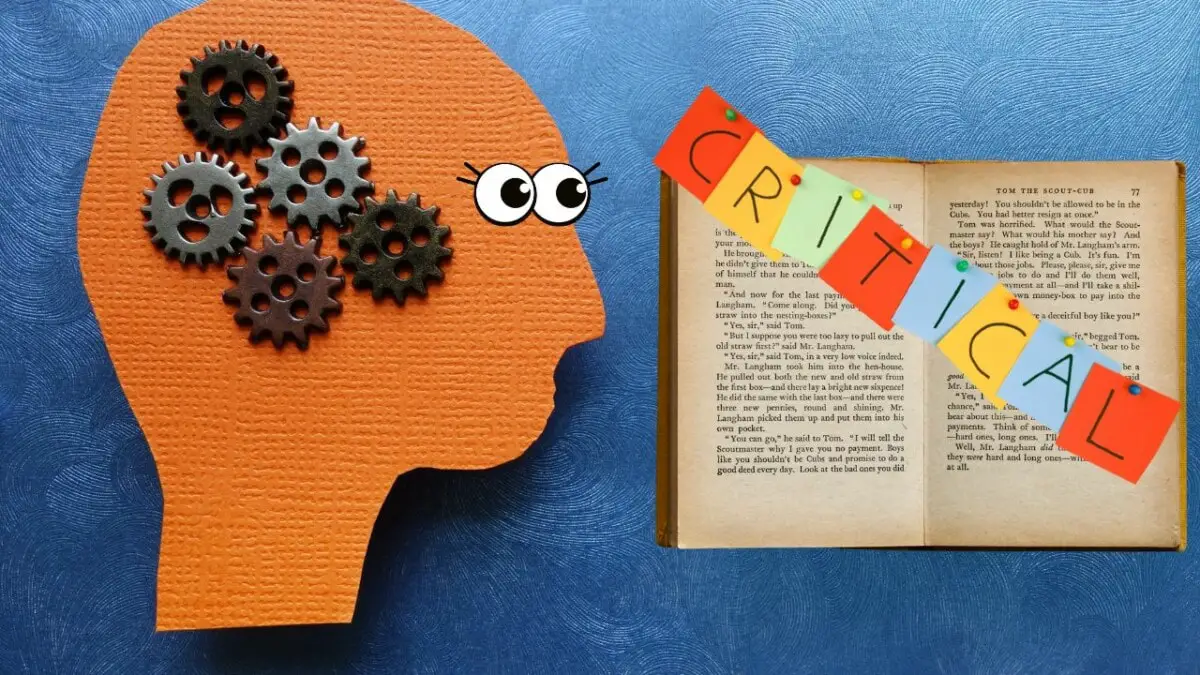
3.1 Developing Critical Reading Skills
Readers who cultivate critical reading skills undergo a transformative process, empowering them to navigate the intricate terrain of bias within a text. They go beyond simple recognition. Their ability develops to not just identify bias but also question authorial intent and dissect underlying narrative assumptions. This enhances their capacity for effective discernment in biased content.
Actively engage with the text and ask probing questions. Consider character portrayals’ motivations, frame certain events, and employ language. Through this critical lens, reading into an intellectual exercise that fosters a deeper understanding of subtle nuances potentially indicating bias.
In addition to developing critical skills, actively seek out resources that provide insights into literary analysis. Understanding the mechanics of storytelling equips readers with tools to deconstruct bias and appreciate the artistry of a well-crafted narrative.
3.2 Fact-Checking and Cross-Referencing
In the pursuit of unbiased reading, we must prioritize ensuring the accuracy of information presented in books. Studies emphasize the importance of fact-checking and cross-referencing. They mitigate the risk inherent in inadvertently perpetuating biased perspectives, thus emphasizing our responsibility to present objective content.
Amidst the abundance of information in our era, online resources and academic databases serve as invaluable tools for fact-checking. When you cross-reference material with reputable sources, it not only guards against bias but also boosts your overall understanding and retention of the content.
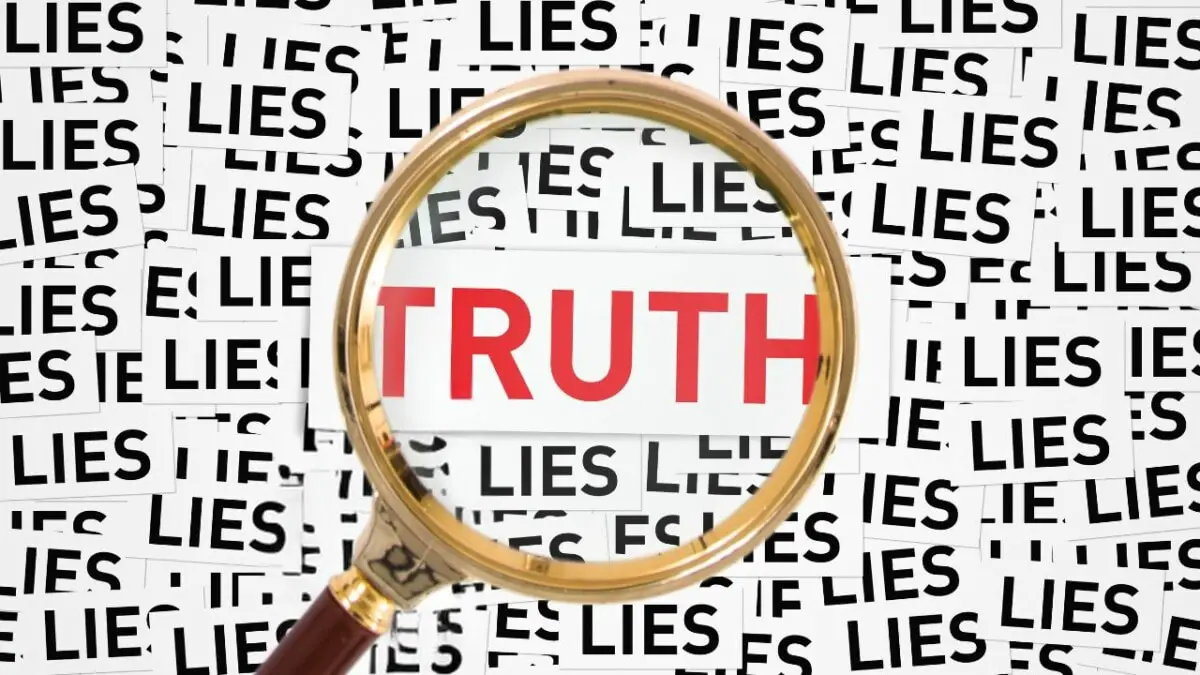
3.3 Peer Discussions and Book Clubs
Engaging in discussions with peers or participating in book clubs offers a dynamic space for sharing perspectives and interpretations. Research indicates multiple benefits of platforms like book clubs, including collective critique fostering a more nuanced understanding of a book’s potential biases, allowing readers to benefit from diverse insights.
Engage actively in book club discussions, share your observations, and keenly listen to others’ viewpoints. This collaborative approach transforming solitary reading into a social activity not only enriches your understanding of literature but also broadens your awareness of potential biases.
3.4 Continuous Learning and Adaptation
Continuous learning in the realm of literature is a necessity due to the ever-evolving nature of societal norms and values. Research indicates that readers, who actively adapt their reading choices based on societal changes, have a higher likelihood to avoid unknowingly perpetuating biased perspectives.
Remain vigilant of cultural shifts, emerging perspectives, and evolving social dynamics. Consider integrating contemporary literature and reflecting current societal narratives into your reading list. By adopting this proactive approach, you guarantee the dynamism and responsiveness of your reading habits to an ever-changing landscape and a plethora of ideas.
4. Nurturing a Bias-Aware Reading Culture

4.1 Promoting Inclusive Libraries and Bookstores
Diverse literature’s availability in libraries and bookstores pivots on influencing readers’ choices. Advocating for inclusive collections and positively shaping reading habits is key to fostering an environment that actively supports unbiased exploration.
Actively support and engage with libraries and bookstores prioritizing inclusivity as a reader. Your advocacy for diverse authors, along with encouraging the continuous expansion of available literature, contributes to the creation of an inclusive literary ecosystem.
4.2 Incorporating Bias Education in Schools
Introducing biased education in schools emerges as a foundational step in shaping discerning readers. Research indicates that equipping students with the ability to critically analyze literature sets the stage for a future generation of readers who approach texts with a nuanced understanding of bias.
Encourage the integration of diverse voices in school curricula, ensuring early-age exposure for students to a broad spectrum of perspectives. Actively support educational initiatives that prioritize critical thinking and emphasize diversity in literature.
4.3 Leveraging Technology for Literary Awareness
Utilize online tools and platforms. They offer a gateway to an abundant wealth of information as well as insights into the cultural context, societal foundations, potential biases, and authorial reviews. Incorporating this technology into your reading routine propels you beyond mere words on paper. It enhances overall literary awareness by shedding light on every facet of a book’s existence.
Engage with author interviews, podcasts, and online forums to delve deeper into the contextual backdrop of a book. Your reading journey can benefit significantly from technology as it provides supplementary layers of insight that surpass the mere text.
4.4 Encouraging Dialogue on Bias in Literature
The research underscores the transformative power of open dialogue about bias in literature. Actively participating in these conversations not only fosters increased awareness but also deepens one’s understanding of the complexities surrounding biased depictions within books.
Foster an environment that cultivates constructive dialogues in your community. Establish online forums and organize local gatherings. By promoting discussions, readers collaboratively strive to reduce bias in their reading selections. Actively welcoming diverse perspectives enriches the experience for all participants. It fosters a shared commitment to unbiased exploration.
5. Embracing Personal Accountability in Reading Choices
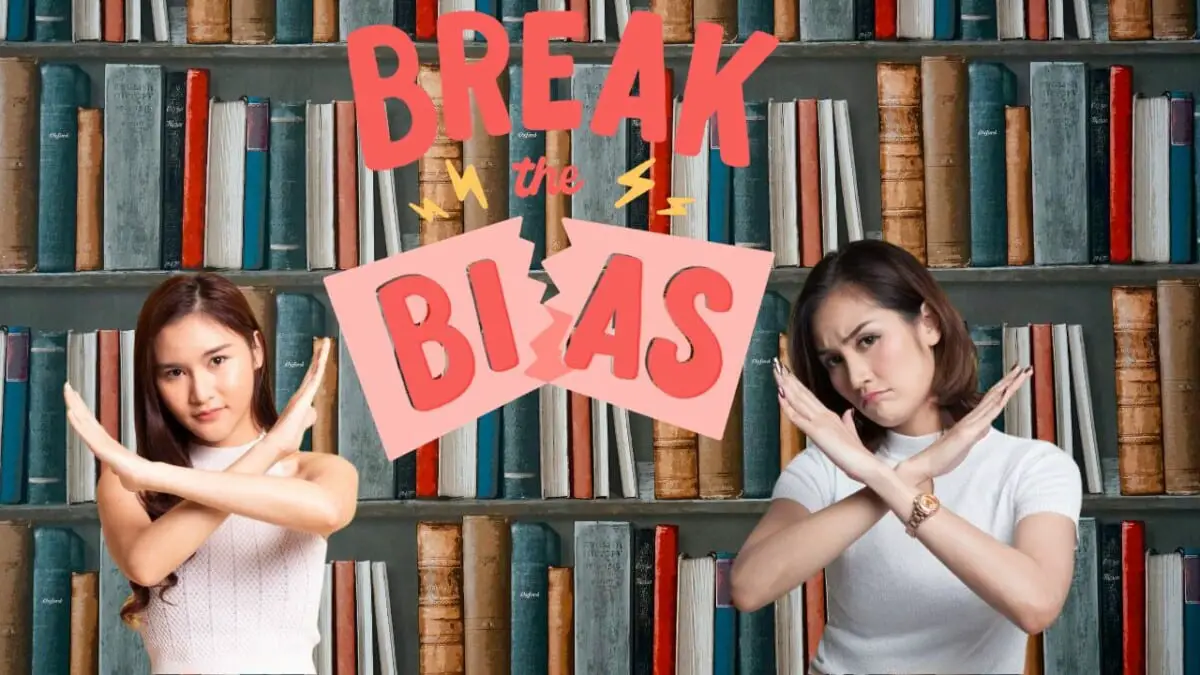
5.1 Reflecting on Personal Biases
In embracing personal accountability for our reading choices, we must undertake a reflective examination of our own biases. This is an essential process. Primarily, readers need to acknowledge and comprehend their internal predispositions before scrutinizing external sources of bias. This acknowledgment serves as the foundation for adopting a more intentional approach toward selecting literature without prejudice.
Carve out moments for introspection and identify your biases. Consider their potential influence on your reading preferences. This proactive self-awareness notably enhancing the ability to navigate external biases also contributes significantly towards personal growth and fosters a more open-minded perspective.
5.2 Curating a Customized Reading Journey
Beyond the avoidance of specific biases, you actively pursue an unbiased reading experience. This pursuit involves curating a tailored literary journey that aligns with individual values and preferences. Hence, expand your exploration to encompass topics, genres, and themes that resonate with your unique interests. Simultaneously challenge preconceived notions.
In curating a personalized reading journey, one must strike an intricate balance between the comfort of familiarity and the excitement of novelty. It is imperative to not just embrace diverse perspectives but also ensure that your selected readings reflect your unique interests.
They should aspire towards aligning themselves with future potentialities you envision for yourself. This strategic approach elevates mere reading into something more, a personally fulfilling endeavor marked by customization and intentionality.
5.3 Seeking Mentorship and Guidance
While navigating the vast literary landscape may initially appear daunting, seeking mentorship and guidance offers undeniably invaluable support. Connect with individuals who not only share your commitment to unbiased reading but also possess expertise in diverse literary genres. The beauty of mentorship lies not just in its ability to shed light on potential biases. It truly enriches, through a deeper understanding of various perspectives, your overall reading experience.
Connect with seasoned readers, librarians, or educators. They are a crucial resource, offering not just recommendations but also guiding expertise. Their perspectives and advice serve as invaluable signposts in your literary journey. Their presence is instrumental in navigating the nuanced world of literature with greater effectiveness.

Conclusion
Navigating the intricate realm of literature demands an artful pursuit of unbiased reading, necessitating conscious choices in a landscape that is often subtly biased. This comprehensive guide effectively presents strategies to recognize and circumvent these biases, urging readers toward objectivity.
Embracing diverse authorship, judiciously leveraging technology, and continually fostering learning are actions that allow readers to construct a reading culture aware of bias. By curating their own customized reading journey, actively seeking mentorship, and supporting literacy initiatives, they solidify personal accountability. In doing so, they transform literature into an exciting and fulfilling exploration which mirrors their commitment to unbiased discovery.




